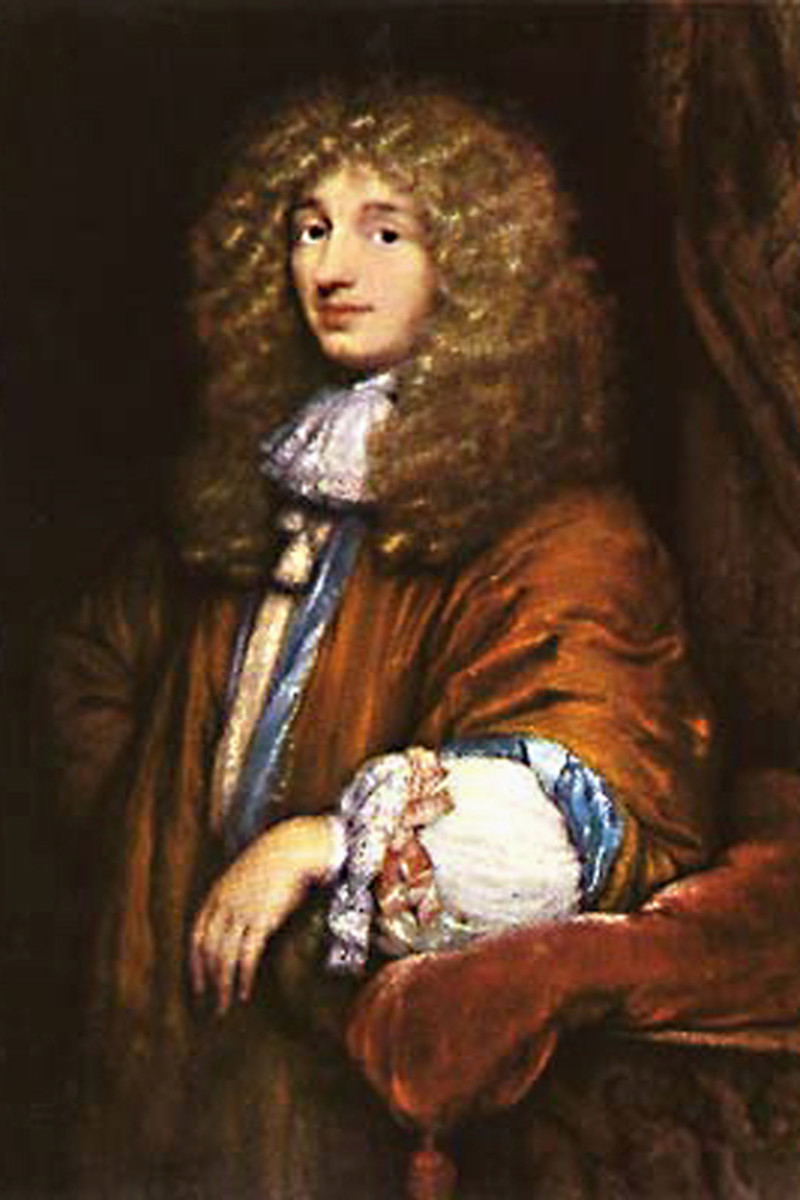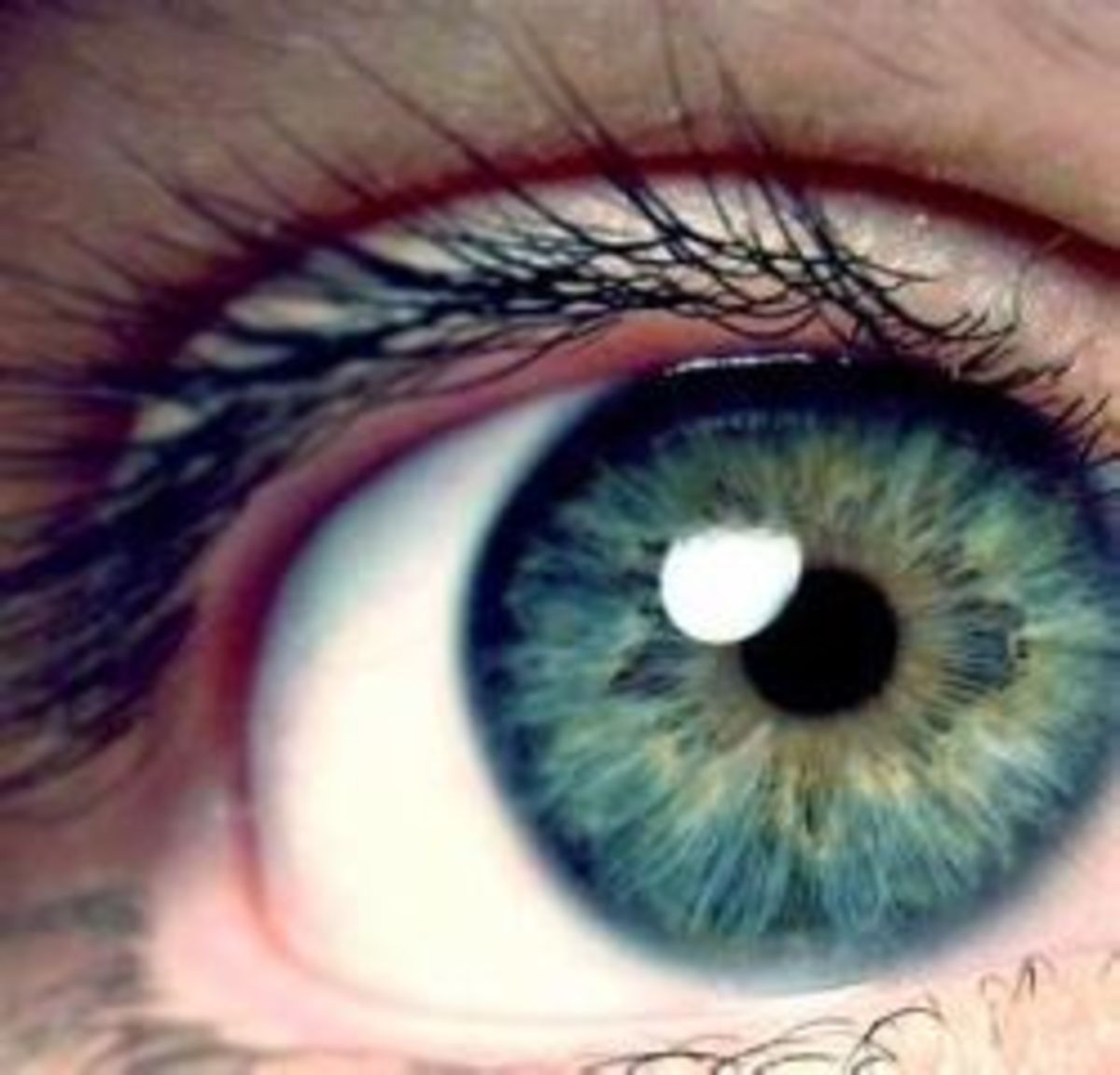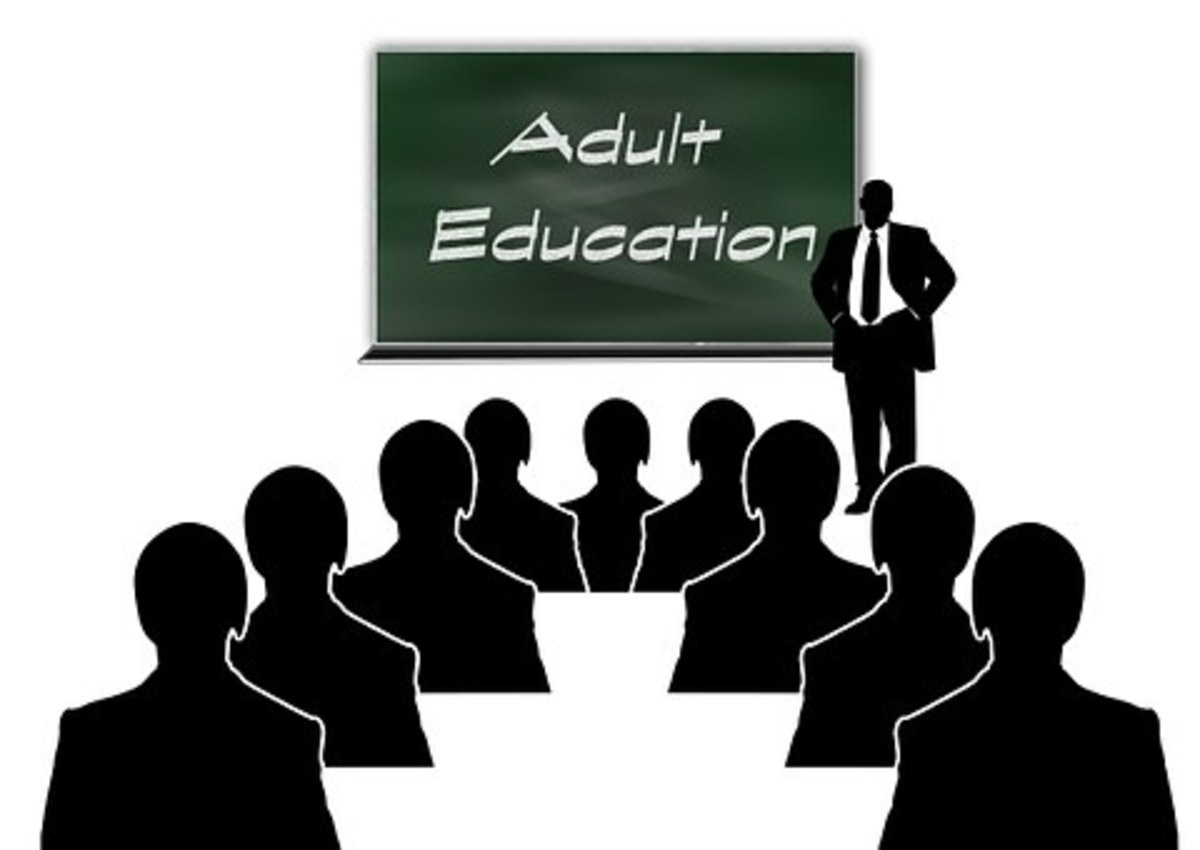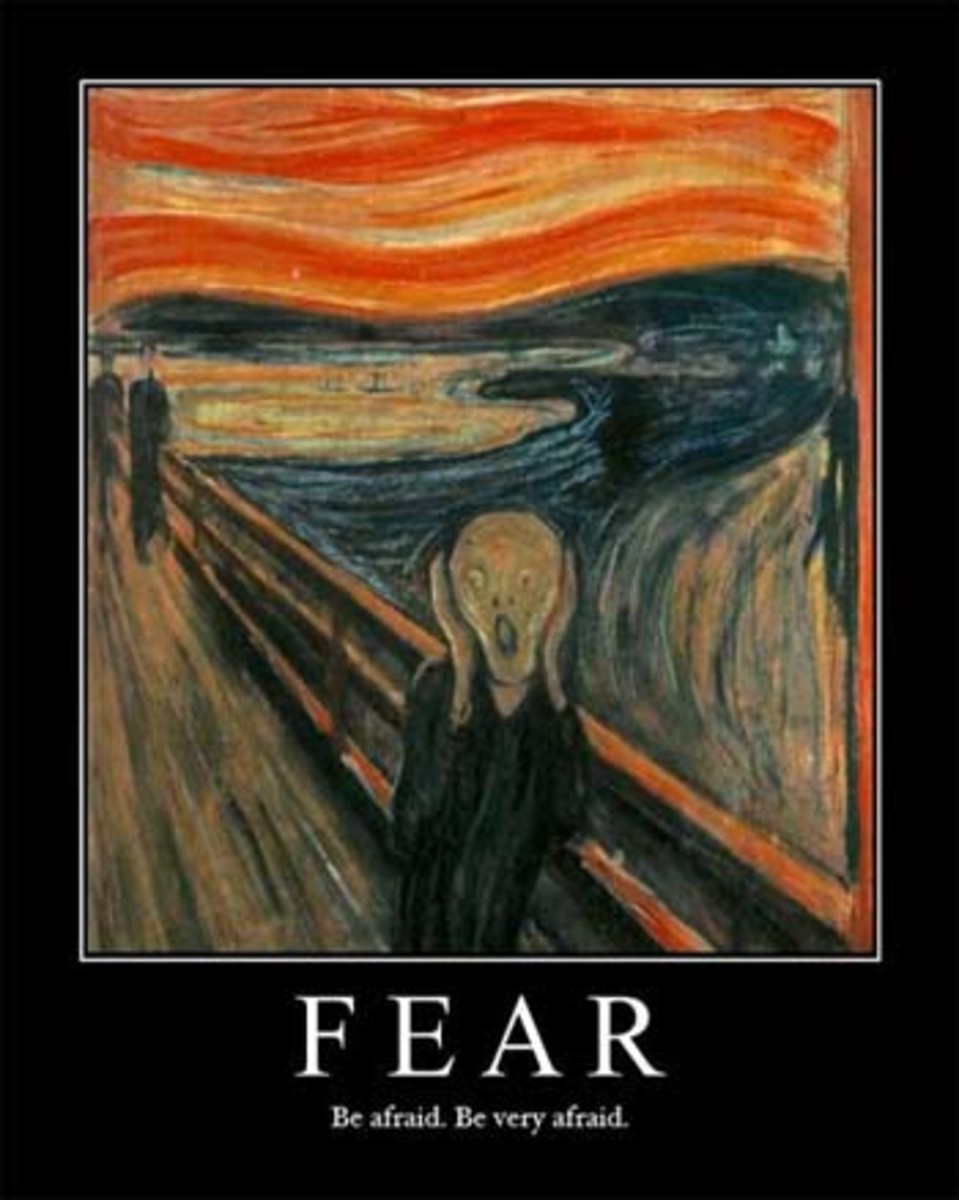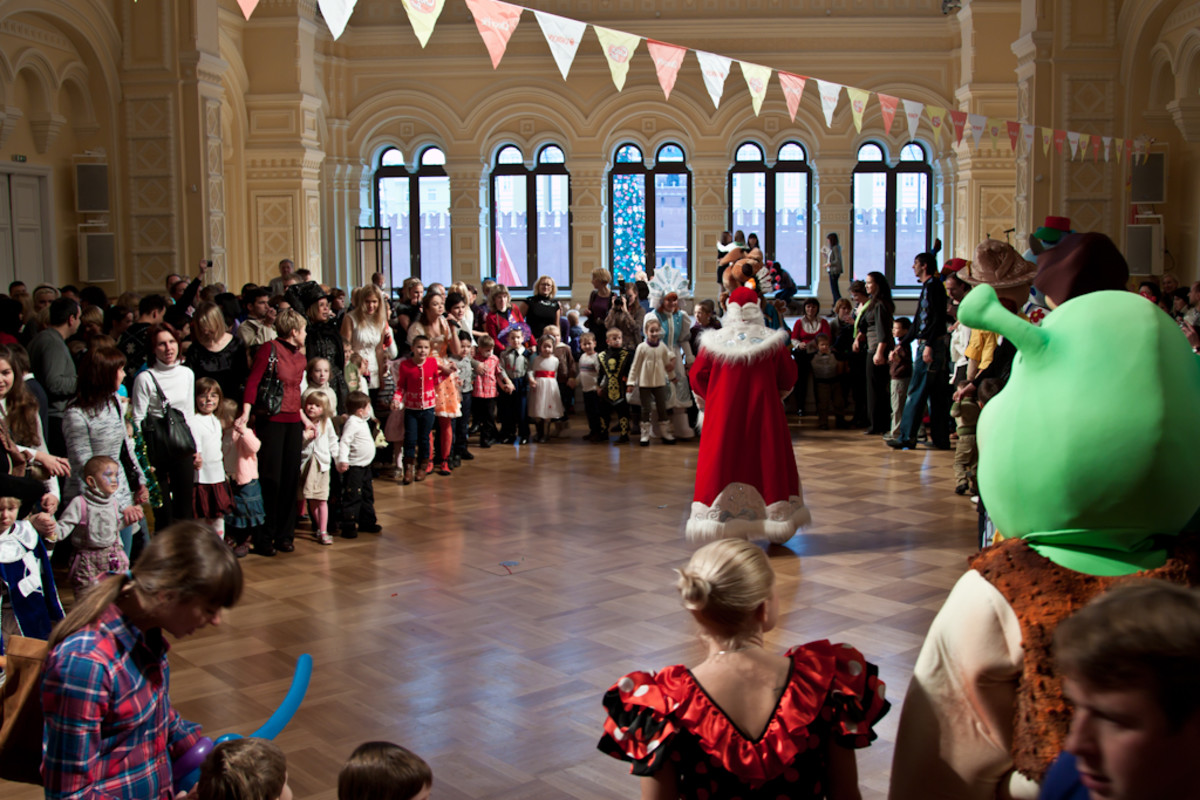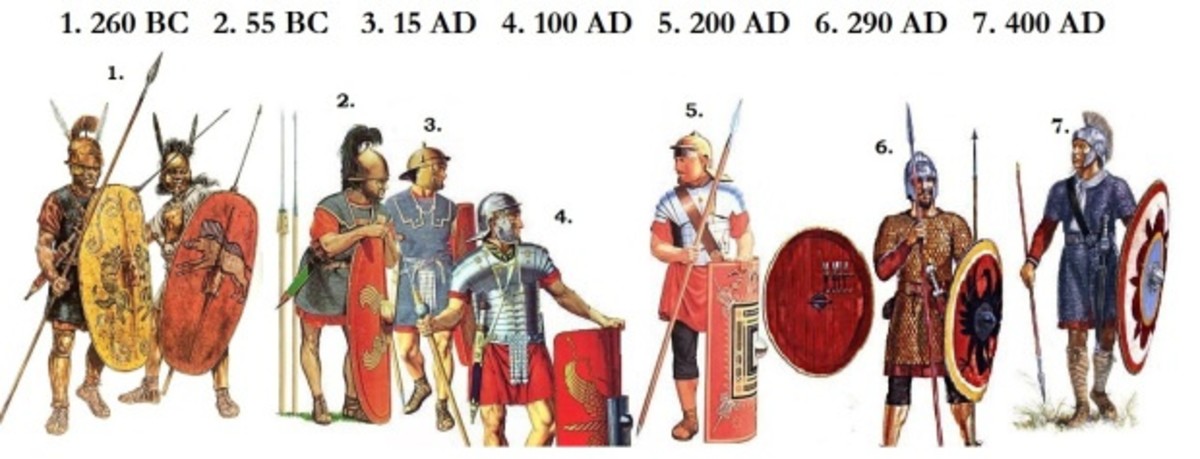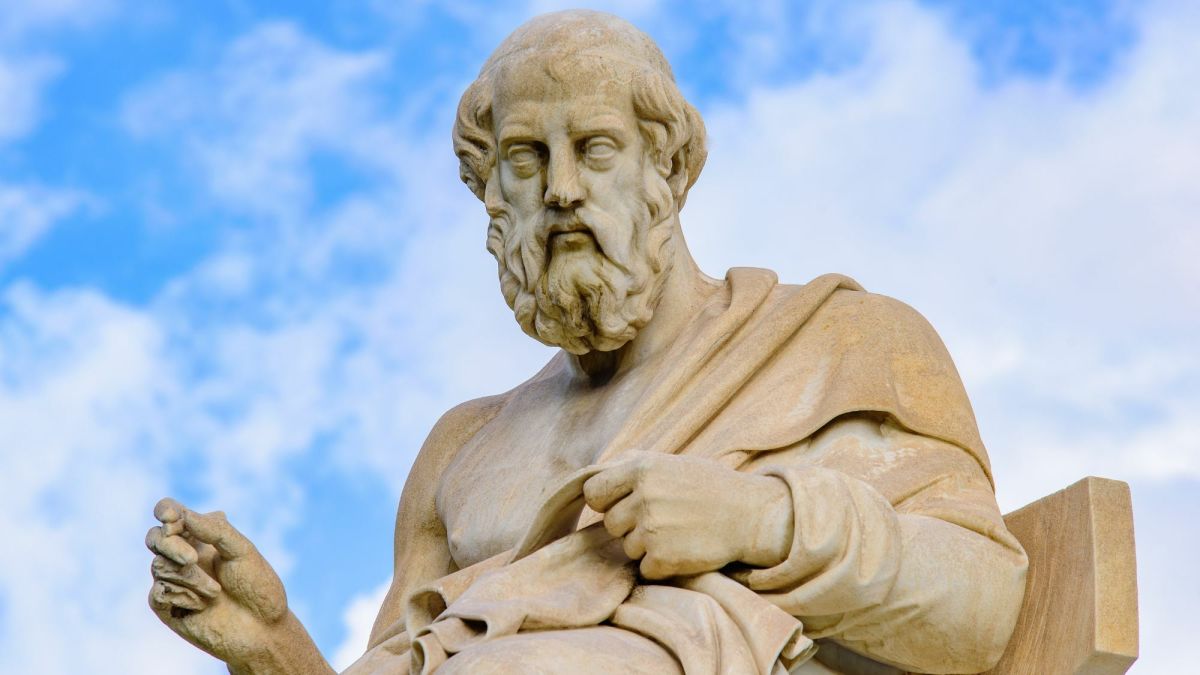What Impact Does Integration of Civic Education Has in Liberal Studies in Hong Kong Context?
Introduction
Liberal Studies is among the compulsory subjects in the New Secondary Curriculum in Hong Kong. This subject was introduced in 2009 in Hong Kong. The first candidate for this subject sat for the public exams in 2012. The purpose for its introduction in Hong Kong schools was chiefly to make sure that learners developed an understanding of the basic issues that were affecting the society in this 21st century. It was also purposed to ensure that learners are provided with the essential thinking skills that they need in making them be more informed and be able to make critical judgments on various life issues. In this subject are elements of humanities, science and liberal arts, which serves to help learners have a broad outlook after completing their senior secondary level studies. Some of the areas of study in this subject include self and personal development, personal identity, and preparing for adulthood, role of an individual and society, conflict resolution and interpersonal relationship, economic restructuring, the rule of law and participation in society and politics, and finally the general quality of life.
Likewise, the curriculum development council has proposed that civic education be also introduced in both elementary and secondary schools. In the past, civic education has never been made a complete and independent subject in Hong Kong. However, recently, civic education has been strengthened, and is embedded in other subjects such as history and Chinese among others. The major aim for this subject is to strengthen learners' positive attitudes and values, develop good civic and personal qualities and also create an individual vision in committing and contributing to one’s country, family and the world. The general concepts, points and evaluation mode are very powerful and strict. It has been argued that integrating this subject to liberal studies will facilitate the achievement of the goal of a making a balanced and well-rounded person, rather than making it an independent subject.
Rationale for Introducing Liberal Studies
The purpose of introducing liberal studies in China’s New Secondary Curriculum is to broaden the student’s knowledge base as well as enhance their social awareness through studying a wide range of issues. The module in the curriculum focuses on the themes, which are of significance to the society, students and the world in general. These are designed in such a way that students are enabled to make connections across various fields of knowledge as well as broadening their horizons. The learning experience offered subsequently fosters the student’s capacity for life-long learning in the sense that they can be able to face the challenges of the future with confidence.
Alongside the experiences gained through liberal studies, schools have been able to acquire good practices in cross-curricular linkage in both thinking skills programs as well as civic education. The re-introduction of the technology, integrated humanities and science into the Hong Kong school curriculum in 2003 has also enriched the pedagogical knowledge and pool of resources that are relevant to the implementation of Liberal studies in senior secondary curriculum. The framework for assessment and design of the curriculum for this subject is aligned with the modern views of knowledge and how individuals learn. It has also taken into consideration overseas experiences in cross disciplinary studies as specifically pertaining to life education, critical thinking, civic education and value education, in consideration of the Hong Kong context.
Rationale for Introducing Civic Education
Most communities and parents in China have supported the introduction of civic education in the senior secondary school curriculum. The major reason for this is that these parents and communities are aware that citizens of this great nation ought to understand their own country’s history as well as the current conditions that are prevailing in their society. Parents and guardians are already aware that in learning about the national issues and history of China, their children will become more sensible and mature not only towards educational goals, but also in national involvement. Moreover, this subject is important as it teaches learners and citizens to be honest, and love to do good, stick to sound principles as well as learn how to face life challenges. These are important qualities, which these students should have, and which will help them to build a better life. With the appropriate curriculum, teaching resources and teachers as well as exchange visits, civic education will not only be an interesting subject, but also a rich one that will be welcomed by students, guardians, and the community.
Introduction of civic education in China is a welcome development that will inculcate in students the national consciousness, and values from the foundation level. The national values of obedience, honesty, tolerance, hard work and faith, which are useful in stabilizing national life, are significant in determining progress and development of a nation as they regulate the life of a state and project a good image of a nation. As senior secondary schools in the nation warm up in fully implementing the government’s directive in re-introducing the subject of civic education and liberal studies, reactions from Chinese citizens indicate that there is more to do particularly in the production of teachers in implementing the new curriculum if the gains of civic education are to be effectively realized in the nation. Effective implementation of the new curriculum harbors a substantial number of challenges to educators of civil studies since the subject matter of the new curriculum is more related to the discipline of liberal studies.
Civic education has remained a crucial means of making students knowledgeable of their responsibilities, and the rights which the citizens and leaders should have. Integration of civic education in liberal studies in senior secondary curriculum is anticipated to further deepen the culture of democracy and encourage qualitative participation of the average Chinese in the process of governance.
Relationship of Civic Education and Liberal Studies
Both civic and liberal studies seek to offer education to the whole person. Alongside the conventional academic goals, the two subjects are aimed at fostering the development of the disciplined mind, one which honors the great ideas of the past, evaluating ideas across disciplines and strives to understand the crucial issues that face today’s society from various perspectives. There have been proposals to integrate the features of civic education into liberal studies. It should be considered that the two subjects in education are aimed at achieving the same end; freedom. The word liberal in its very sense implies that freedom in some sense is the end goal of liberal education. On another spectrum, liberal education develops by raising queries regarding the worth of perspectives and assumptions both public and private including the most fundamental assumptions of civic education. Liberal education seeks answers to such queries as what is the best way to live? what is the best regime? In addition, it also assumes answers to these questions such as are the best way of life are “our way of life”, the best regime is ''the current one''.
The origin of liberal education can be traced back to ancient Greek, particularly in Socrates and his never ending queries of the commonly accepted opinions. In one of his works Plato’s Republic, the subversive nature of this query is depicted in the analogy of the “cave”. Here, the authoritative opinions concerning vice, virtue, the gods and justice are indeed what gives life in the city definition and meaning are treated as mere shadows against a wall and at least no more than dim reflections of truth. It may be more accurate to say that they should be understood as absolute lies. There is no wonder that Socrates queries of philosophy in the ways of philosophy is considered subversive enough in earning him derision and ridicule at the hands of the city’s finest comic poet at the hands of his fellow citizens.
According to Plato, liberal education is defined as the education of virtue from childhood, which makes one love and desire to become a perfect citizen who understands how to be ruled in justice as well as how to rule. In this formulation, liberal education is education in virtue, but virtue of a particular form: a virtue whose aim is to understand how to be ruled and how to rule. Being ruled and ruling is in turn a classical definition of republicanism. This translates that liberal education is that education geared towards republicanism. It is here where the two elements of liberal education, the philosophic and rhetorical, start to find common ground.
Of all the types of government, republicans may well be the most open to the forms of queries that characterize liberal education. By definition, politics in a republic is a public thing. In many of the other forms of governments, it is regarded as the private interest of an individual or class of people. The business of a republic necessitates a public deliberation. While it may be considered excessive in claiming that this deliberation may be equal to even necessarily tolerant of philosophy, it may stand to reason that these regimes have a likelihood of being less hostile to the give and take of a political discourse in comparison to other regimes.
Rationale for Integrating Civic Education in Liberal Studies
Liberal education in this 21st century ought to offer students with the commitment and knowledge to be socially responsible citizens in a diverse democracy and the highly connected world. The education system, which is committed to liberal studies, has critical responsibilities in providing civic knowledge to students and communities, the nation and the world at large. Participation with others in the perspective of actual life community challenges encourages self-knowledge, deepens an understanding of contexts and place as well as increasing intellectual development. Civic engagement involves true partnership, in most cases between the community and institution that serves mutual, yet autonomous interests, hence honoring the integrity of all partners.
According to the association of American colleges and Universities (AACU), liberal learning is by its nature pluralistic and global. It embraces the diversity of experiences and ideas, which characterize the natural, social and intellectual world. In acknowledging such diversity in all its forms is not only an intellectual commitment, but also a social responsibilities, for nothing less will equip learners in understanding their world as well as pursuing fruitful lives. Liberal learning is the society’s investment in the shared future.
Liberal and civic studies are important especially for learners who wish to pursue rigorous and creative programs of integrated studies as preparation for future careers in the NGO or public sector, law, social world, education, communications, business or for the future academic work. Such a program will be suitable specifically for learners who wish to become educators. As a general and broad liberal arts program, liberal arts and civic education offers prospective educators and learners knowledge in a variety of disciplines in supporting the educational needs of students and teachers. Integration of civic education to liberal education is significant for learners in understanding the political process in their country.
Owing to the strong grounding in liberal arts, with a solid minor, service learning experience, study of foreign language and involvement of collaborative civic projects, Liberal and civics graduates will be well prepared in being responsible roles as citizens in the 21st century. In addition to teaching works, L and CS graduates will be specifically suited to careers such as legal, law enforcement, human resources, journalism and writer, public relations, business, librarian, politics, social work, health services, government service and so on.
Civic education is linked to liberal arts inextricably since the aim of liberal art is to prepare individuals in being responsible citizens. The best forms of civic engagements are intellectually challenging, in essence, they are the liberal arts in action, or the liberal arts, which is learned and tested experiential. Civic education at the secondary level will make people be better citizens, and is also an avenue to solving other serious public issues and not just unemployment. Both civic education and liberal studies are aimed at bringing people from different perspectives and walks of life together in sharing ideas, learning from another, inventing ideas, and being accountable to one another for the actions and believes.
Collaboration is another purpose for L and C studies, which will enable citizens to improve the world by sharing their experiences through discussions. Citizens need a civic relationship with other people. These relationships fill a variety of needs. Civic relationships should be held. A combination of collaboration, deliberation and civic relationship is the basis of citizenship. If we had more of these civic engagements, we could be able to effectively address the nation’s most serious issues. Schools can be part of the situation if they recall their civic mission and participate in a collaboration, deliberation and relationship building.
In facing the current political contexts, civic educators should aim at integrating their knowledge into the school curriculum. Civic education offers a reflection of the political context in a society. In Hong Kong, civic education has undergone various stages including depoliticisation by the school and state in 1984, and the politicization of the intended curriculum from 1984 to 1997. The Hong Kong government published guidelines of civic education for schools, which proposed a curriculum framework with five foci: education for the rule of law, education for democracy, nationalistic education, human rights education, and global education. The government also recommended that the enhancement of critical thinking is infused within the curriculum framework. The guideline introduced concepts that were related to human rights, politics, democracy, patriotism, and global citizenship in preparing learners to face political and constitutional changes that were promised in the basic law.
It is necessary to integrate civil education in liberal studies in order to develop citizens who are willing to participate courageously and actively with compassion in the civil society. There is a need for critical citizens who loves their country, but not just blindly, and at the same time contribute actively to the national community. There is also a need for citizens who are willing to contribute to the global community and those who harbor a genuine concern in the global perspective. Bowden also stipulates that we do need citizens who have multiple identities and can actively contribute to national, local, and global communities through involvement in civil societies and formal institutions at various levels.
In the present world of academy, disciplinary standards cannot be left to idiosyncrasy, but have to conform to national protocols through formal and professional organizations and also the accrediting agencies. It therefore makes sense that we need to have a national standard in each area of civic preparation. These standards will ensure that in required courses, citizen and students acquire disciplinary history and more political and social contexts for their required subject matter.
With the introduction of education reforms, for instance, introduction of liberal studies, humanities, and lifelong learning, opportunities for implementing this type of civic education abound. However, some of the difficulties to be faced are on standing against the policies of the Hong Kong government and repriotising the resources in addressing the historical task of developing proper citizens, a task which will be advantageous not only to Hong Kong but also to China in general.
In national perspectives, the requirement for general education is an underutilized resource. It is regarded as an internal function of the curriculum, a sequence of the “gateway” classes to upper division coursework in the majors. For many learners, such courses are simple hoops to jump through prior to acquiring what they came to school for. In historical perspectives, these types of requirements (that is civil education) should be integrated into the liberal studies curriculum in order to keep learners from over over-specializing, more especially for learners in pre-professional fields. It could be wise to re-frame the notion of “breadth” of academic knowledge to one where we can see the practical applicability of academic learning in the context of democracy. This way, students may come to relate their senior level secondary education with career preparation as well as prepare them for informed citizenship and democratic engagements.
If liberal education is to flourish and be effectively integrated, it ought to take a myriad of forms, adapting to local circumstances, and needs. These may include integration of civil education to the liberal arts curriculum as a hybrid model. Such developments may open the door for new and exciting possibilities.
Civic and liberal studies curriculum is based on the three principles; breadth, integration and depth. The principle of breadth provides a balance of required civic and liberal studies program core courses, alongside other courses such as mathematics, socials studies, humanities, laboratory sciences, fine arts and religious studies. On the other hand, the depth is fostered by the interdisciplinary curriculum content approach that weaves together essential thinking, local as well as global perspectives, civic and leadership obligations that are enhanced by service learning experiences. Finally, there is also the principle of integration, which is achieved through a rigorous fusion of course work, cross discipline interactions and assessments.
Conclusion
Both Civic and Liberal Studies are essential in educating a person to become a well rounded individual. In addition to the conventional goals of education, liberal and civic studies will foster the development of a disciplined mind, one which honors the historical ideas, or the ideas of the past, assesses ideas across disciplines and strives to understand the crucial issues that face the contemporary world from a number of perspectives.
Civic education has remained a crucial means of making students knowledgeable in their responsibilities, and rights which the citizens and leaders should have. Integration of civic education in liberal studies in senior secondary curriculum is anticipated to further deepen the culture of democracy and encourage qualitative participation of the average Chinese in the process of governance.

